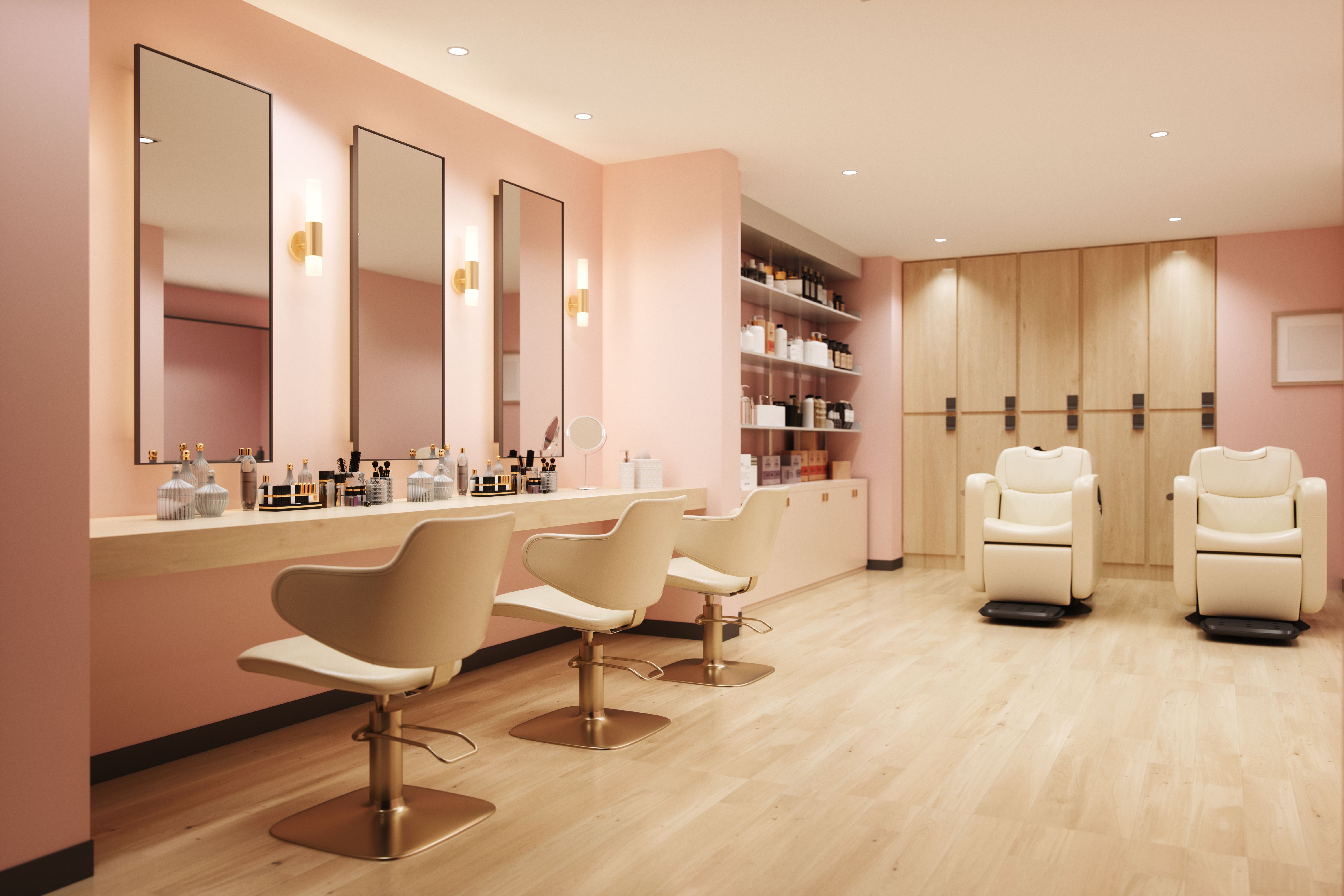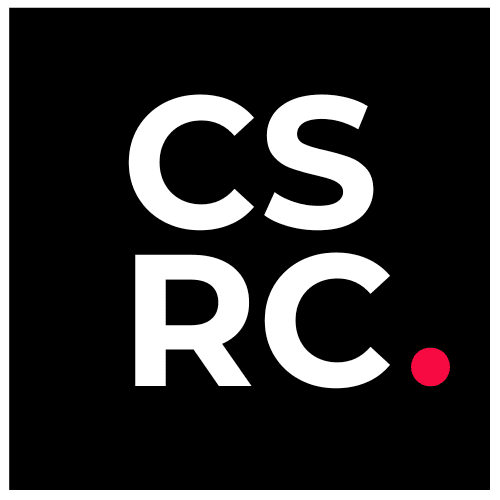The Beauty Industry's Role in Boosting Local Economies
The Beauty Industry: A Catalyst for Local Economic Growth
The beauty industry has long been associated with glamour and personal care, but its impact extends far beyond individual transformation. It plays a crucial role in boosting local economies by providing job opportunities, supporting small businesses, and fostering community development. From local salons to cosmetic manufacturers, the beauty sector is an integral part of economic ecosystems worldwide.

Job Creation and Employment Opportunities
One of the most significant contributions of the beauty industry to local economies is job creation. Salons, spas, and cosmetic retailers are widespread in urban and rural areas alike, offering a variety of employment opportunities. These businesses require a diverse workforce, including cosmetologists, estheticians, receptionists, and marketing professionals. This diversity not only fosters employment but also enriches local communities with skills and expertise.
Moreover, the beauty industry is known for its inclusivity. It often employs people from various educational backgrounds, offering entry-level positions that can lead to fulfilling careers. This inclusivity ensures that a wide demographic can participate in and benefit from the economic opportunities the industry provides.
Supporting Small and Local Businesses
The beauty industry is also a strong supporter of small and local businesses. Independent salons, boutiques, and artisanal product makers thrive under its umbrella. These small enterprises often source ingredients locally, collaborate with other local businesses, and contribute to a region's unique economic identity. By supporting these businesses, the beauty sector helps circulate money within communities, enhancing economic stability and growth.

In addition to direct support, the beauty industry indirectly boosts ancillary businesses. Suppliers of salon equipment, cosmetic packaging firms, and even local advertising agencies benefit from the industry's demand for goods and services. This interdependence creates a robust network that sustains local economies.
Encouraging Tourism and Cultural Exchange
The beauty industry also plays a pivotal role in tourism and cultural exchange. Regions known for unique beauty treatments or products often attract tourists seeking authentic experiences. This influx of visitors generates income for local hotels, restaurants, and shops, further boosting the economy. Additionally, cultural exchange through beauty practices introduces new ideas and trends that can invigorate local markets.

Empowering Entrepreneurs and Innovators
Entrepreneurship is at the heart of the beauty industry. Many renowned brands started as small ventures by passionate individuals. The industry's openness to innovation allows entrepreneurs to bring new ideas to market, driving economic growth. This entrepreneurial spirit inspires others within the community to pursue their ventures, contributing to a dynamic and evolving local economy.
Furthermore, the rise of e-commerce has enabled beauty entrepreneurs to reach global audiences from their local bases. This expansion not only increases revenue but also puts local brands on the international map, attracting interest and investment back to their communities.
The Future Impact of the Beauty Industry
As consumer preferences evolve towards sustainability and ethical practices, the beauty industry continues to adapt. This shift invites new business models focused on eco-friendly products and practices. Local economies that embrace these trends can lead in sustainable innovation, attracting conscious consumers and setting benchmarks for other industries.
In conclusion, the beauty industry's role in boosting local economies cannot be overstated. Through job creation, support for small businesses, tourism stimulation, and entrepreneurial empowerment, it acts as a powerful catalyst for economic development. As the industry continues to evolve, its potential to drive positive change remains immense.
